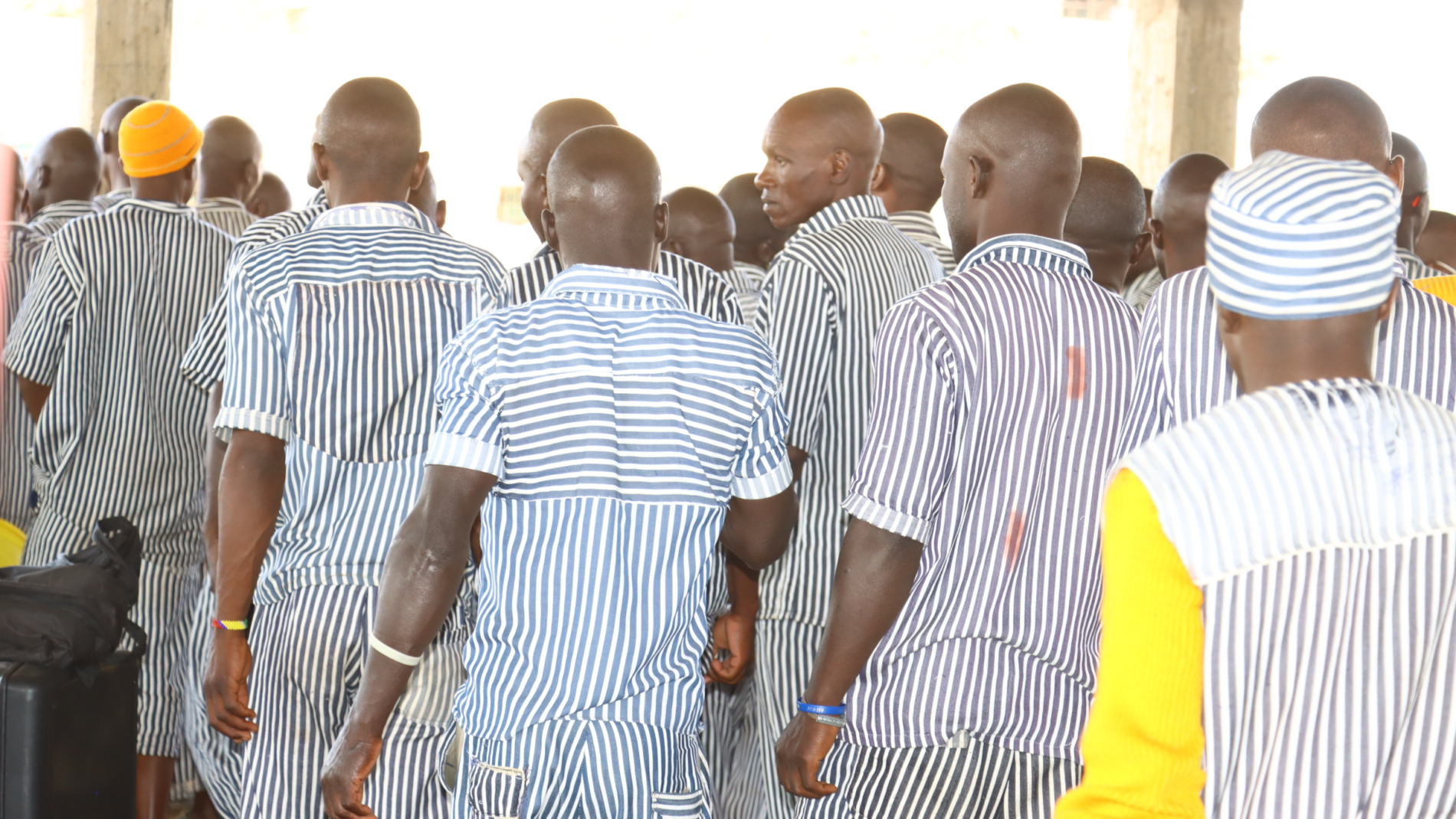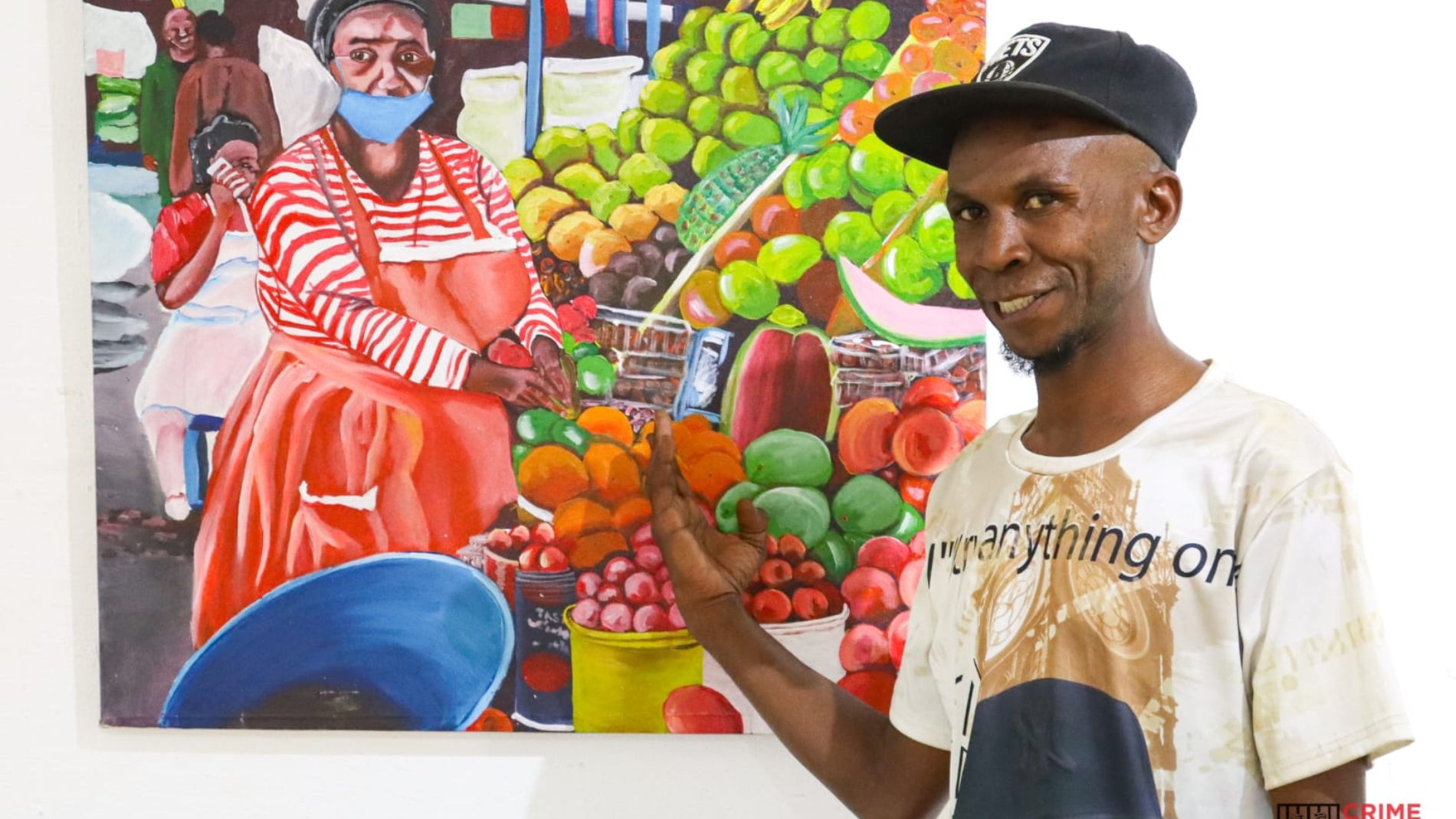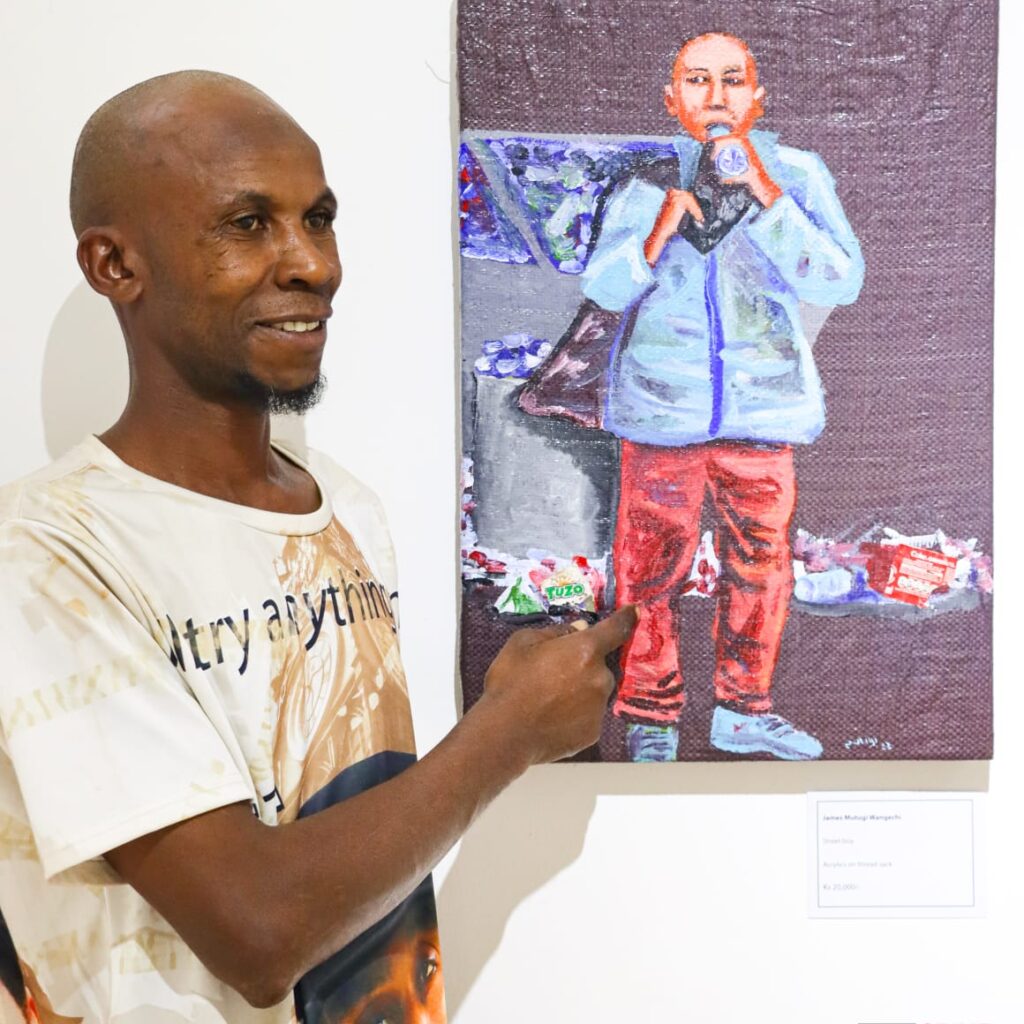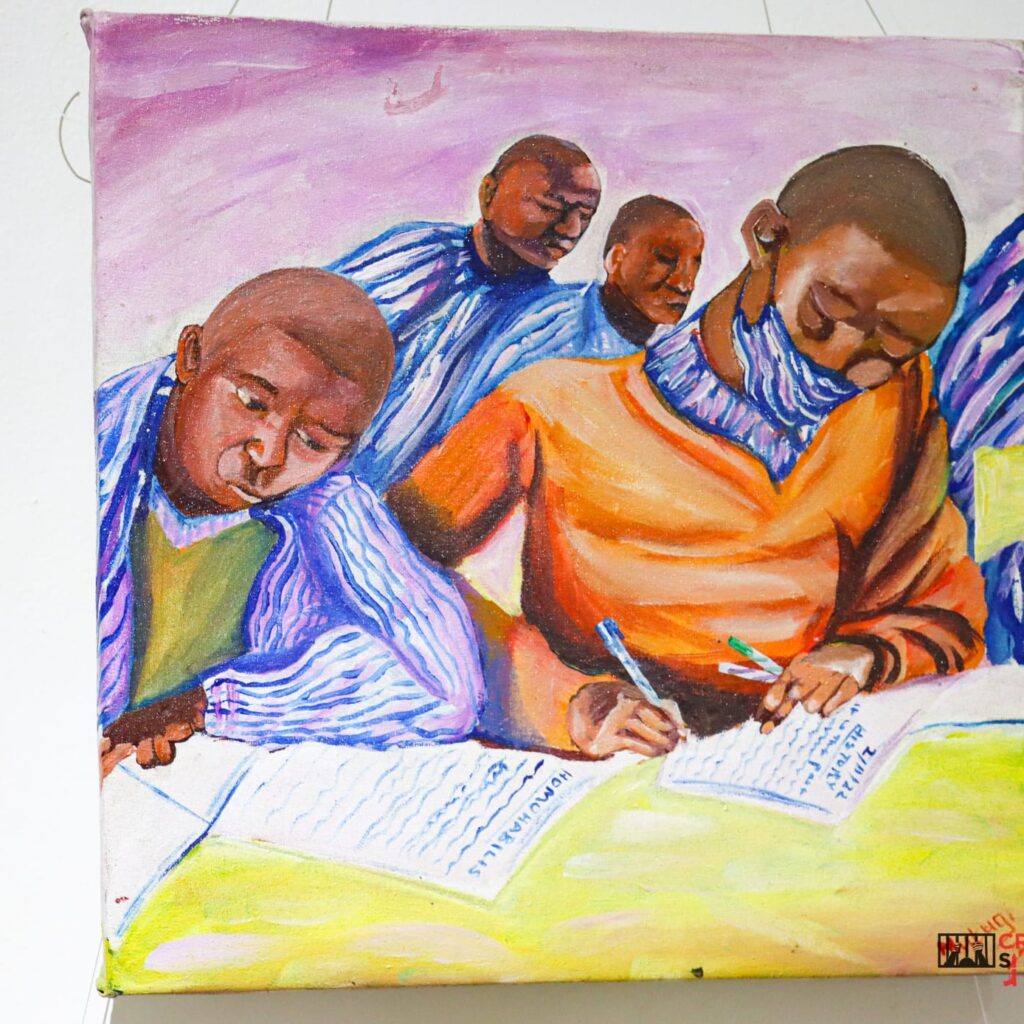By Levis Jilani
Time seems to stretch endlessly within the cold and unforgiving prison cell walls where Charles* (not his real name) has spent nearly 15 years of his life. The walls seem to close in on him with each passing day. He was imprisoned for a crime he insists he never committed; defilement. Communication was a luxury that Charles lost the moment he stepped into prison. No phones, no internet, no letters. His heart ached for his wife and children. He often wondered how they were coping without him. Did they have enough to eat? Were his children going to school? How were they managing to pay bills? Same routine days on end made life in prison monotonous. Charles had made a few friends among the inmates, but he found solace in the corners of his mind. Bitterness often took a toll on him, and he felt that the people who had falsely accused him did not deserve anything better. He slowly sunk into depression
However, Charles’ hopes got rekindled with time. Determination to reconnect with his family after his incarceration grew stronger. He started attending a spiritual program within the prison, and soon realized that the program went beyond the spiritual and delved into skills development and psycho education. “I needed this so badly. So much was going on in my mind and I was sinking into depression, I wanted revenge when I got out. I am thankful that Crime Si Poa came in good time to offer us psychosocial support,” says Charles.

Michael* (also not his real name,) says he had been influenced by peer pressure into a life of drug addiction. His life took a turn after being sentenced as he could not access the drugs in the prison, and this made him sink into depression. During the psychoeducation sessions, he was counselled on anger management, conflict resolution and drugs and substance abuse. “These sessions have really helped me. I remain sober, and on my recovery journey,” he says.
These are just a few cases of inmates suffering from mental health challenges, requiring urgent help. Data from 2020 International Journal of Health Sciences and Research states that 63.2 percent of inmates in Kenya suffer from a range of mental disorders caused by confinement related stress, long prison sentence, delays in determination of appeals, frustration due to failure of appeal terms and bad reports from home such as one’s family suffering. Charles says that inmates face many challenges which could impact on them negatively. “This place can be a brooding place of survival criminal mindsets because we get different characters with different motives. Some are burdened by poverty and even if released, will commit a crime to return to prison where food and other basic needs are provided by the government. Such people need help,” he says.
He calls for more sensitization, skills development, and psychosocial support programs to help stop recidivism. “Since I joined the church ministry, I have developed leadership skills and began mentoring others. I am glad that at the end of my sentence, I will be able to positively impact lives with the knowledge I have.” During a psychoeducation session organized by Crime Si Poa at the correctional facility, Prison Corporal Mary Makena, a Pastor at Nairobi West Prison emphasizes that the shift from familiar environments to incarceration is a significant contributor to the mental health struggles faced by inmates.

“Some were accustomed to good meals, comfortable sleep, and freedom of movement. However, upon conviction, everything changes drastically, making it difficult for them to accept and adapt.’’ said Mary, adding that inmates engaged in psychoeducation and spiritual programs within the prison have benefitted mentally. “As a patron, I have interacted with many beneficiaries of the program. They share their struggles, and indeed, they go through tough times. However, things are changing for the better due to the weekly transformative spiritual and psychoeducation sessions that have become integral in their lives .” Mary explains.
Hemstone Mugala, a consultant psychologist at Crime Si Poa, emphasizes the constant need for therapy among inmates. “Some find it challenging opening up, necessitating one-on-one daily counseling session. This approach has yielded positive outcomes, as many are now comfortable sharing their concerns with prison officers.” Charles, who looks forward to his release in December, says he anticipates reuniting with his family in Kisii . “As a teacher by profession, I aspire to utilize the knowledge gained from the program to sensitize young people in my community and also offer psychosocial support to those who may going through various life challenges,” he concludes.
To support our mental wellness program in prisons, click DONATE
Ends























